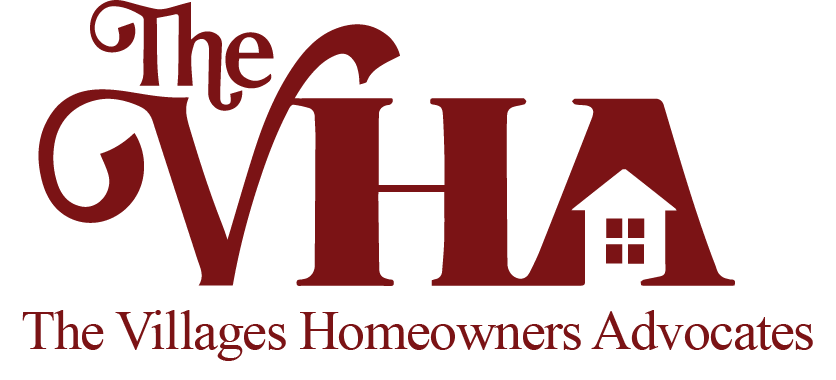Long before we had the Internet, we had charity scammers — crooks who hid their mischief behind the name of a charity, genuine or fake. But with the advent of the Internet, scammers have redoubled their efforts to pass themselves off as legitimate. Every time there’s a catastrophe of some sort, hundreds of websites are set up with the aim of fleecing would-be donors.
Some phony fundraisers are busy year-round, often using the names of genuine charities to convince people that they’re legit. Plus, the performance of some real charities could be classified as dubious because so little of the money they raise finds its way into the hands of the needy. Most of the money goes to high salaries or administration costs.
Things have become so bad that one of the non-profit “watchdogs” that review the activities of these fundraisers, CharityWatch, published a list of scam or dubious charities in what it calls a Hall of Shame, naming the individuals it alleges are behind some of the scandals.
But even this list is just the tip of the iceberg among charity scams. As proof, the IRS has identified fake charities, claiming to be tax-exempt (and therefore genuine), among the biggest sources of fraud it has encountered this year. The US Federal Trade Commission (FTC) publishes its own list of actions to beat the charity scammers at:
https://www.consumer.ftc.gov/features/how-donate-wisely-and-avoid-charity-scams
What can you do to avoid the charity scammers? Here are three important steps you should take:
- Never donate to a charity you have never heard of, no matter how reasonable its name, without checking them out. Scammers are sending out emails and using robocalls to try to trick victims. Even if the name sounds about right, you must still check them out.
- Check out any organization you’re planning to donate to by visiting watchdog sites. CharityWatch.org and CharityNavigator.org are among the main check sites. Search on “charity check” for more.
The IRS also maintains a searchable database of genuinely tax-exempt charities at: https://www.irs.gov/charities-non-profits/tax-exempt-organization-search
- Be especially wary of any organization claiming to be raising funds for a current situation, such as the Covid pandemic or a recent natural disaster like hurricane damage or earthquakes.
If you need assistance with understanding any aspects of Charity Scams, contact the nearest Seniors Vs. Crime office in The Villages for advice or assistance. Seniors Vs. Crime also has a Speakers Bureau that will gladly come to your club, church, or group to speak about scams. To schedule a presentation, contact any of the offices. There is never a charge for their services. Seniors Vs. Crime can be reached at:
- The Fruitland Park Police Department Annex in the Moyer Recreation Center in The Villages – (352) 674-1882
- The Marion County Sheriff’s Office in The Villages– (352) 753-7775
- The Sumter County Sheriff’s Office in The Villages– (352) 689-4600, Extension 4606
- The Wildwood Police Department Annex at Brownwood in The Villages – (352) 753-0727
During this pandemic, our offices are closed for walk-in complaints. Please call before you come to our offices. Hours may vary or may require appointments. You can also file online, or by calling 1-(800)-203-3099. Our staff will call you back and you can file your complaint over the phone.
Volunteers at all four offices are ready, willing and able to assist you. To keep up with the latest scams, LIKE ‘Seniors vs. Crime Region 4’ on FaceBook. Hablamos Español. Por favor pregunte por Yolanda. Martes a Viernes: 10:00 A.M. a 2:00 P.M., (352) 689 4606.
